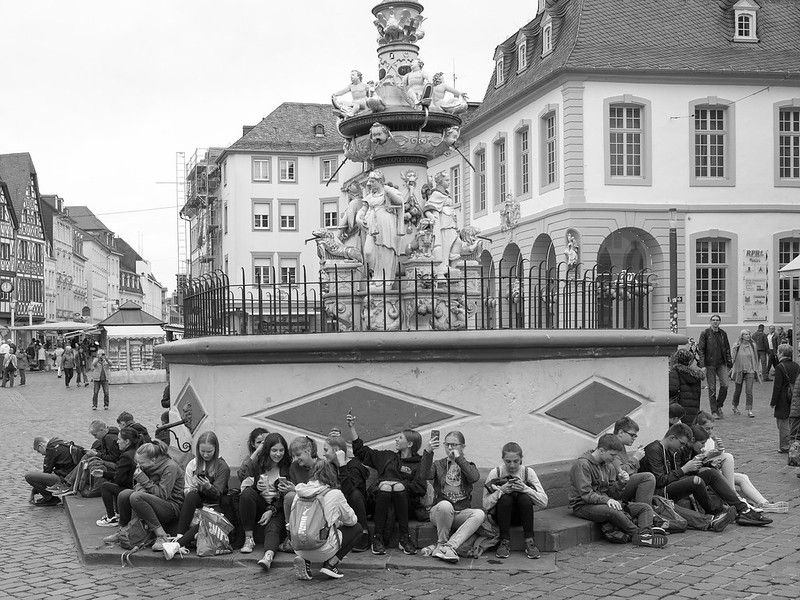Identity affiliation makes us gullible
The more people resemble us, the more likely we are to believe them. These kinds of behavioral biases can greatly impact our perceptions of reality and cause us to fall for misinformation.

One of my favorite things to do is point out behavioral biases that effect our decision-making. One type of decision we make all the time is in how we filter information and decide what's real versus garbage.
In "Why Generation Z falls for online misinformation" the MIT Technology Review covers research into what makes young people fall for misinformation. The striking thing is how big a role identity affiliation plays. Put simply, we're more likely to believe people when they resemble us. Let that sink in and then think about how it applies to you own life.
"People are more likely to believe and pass on misinformation if they feel a sense of common identity with the person who shared it in the first place."
There used to be a law called the FCC Fairness Doctrine that required the holders of broadcast licenses to air contrasting views on important issues. It was repealed in 1987, which launched the age of partisan radio followed by partisan everything.
I'm not advocating we go back to the days where some agency gets to decide who has their voices heard. I like the types of variety and truth that only competition and openness can bring, but we have to be realistic about what can go wrong. It's not only truth being generated.
"Social media, however, promotes credibility based on identity rather than community. And when trust is built on identity, authority shifts to influencers. Thanks to looking and sounding like their followers, influencers become trusted messengers on topics in which they have no expertise."
Experts, institutions, and authorities are increasingly challenged in this open world begetting teenage influencers. Challenge is good and, again, I like competition. My point is that too many people are overvaluing the wrong things and undervaluing real expertise.
"While that has the potential to empower marginalized groups, it also exacerbates the threat of misinformation. People united by identity will find themselves vulnerable to misleading narratives that target precisely what brings them together."
It's not all bad. We're fortunate to have had an explosion in alternative media, it's just more important than ever to think critically about reality. There are many biases that can steer us in the wrong direction, sharing an identity (ethnic, tribal, political, racial, social, etc.) is just something else to consider.

Comments
Sign in or become a Finpunk by Rob Viglione member to join the conversation.